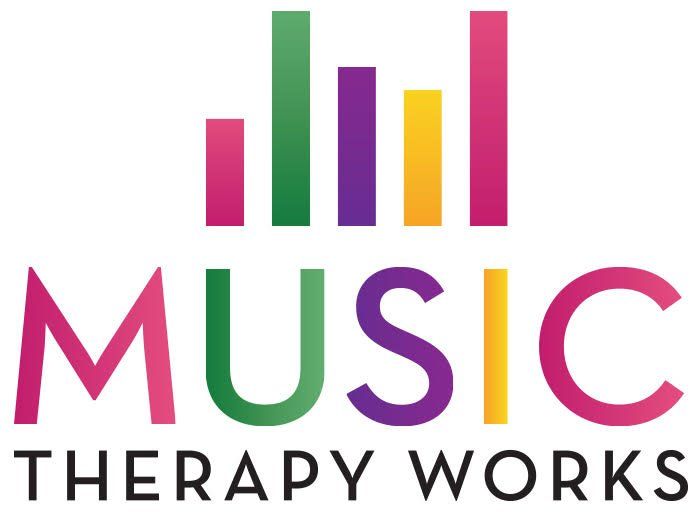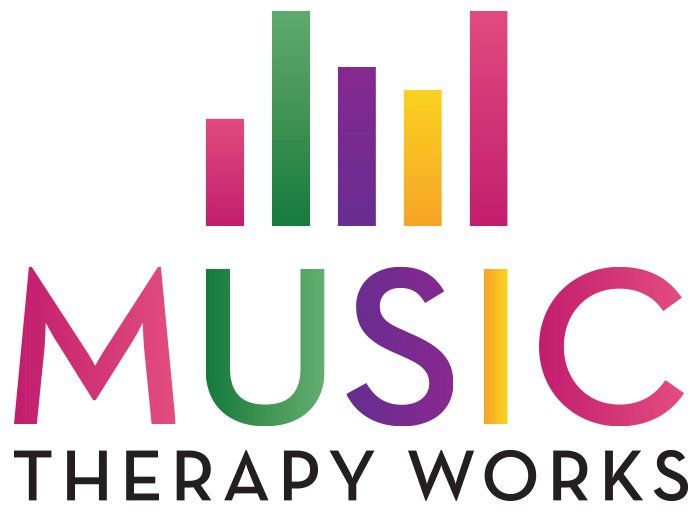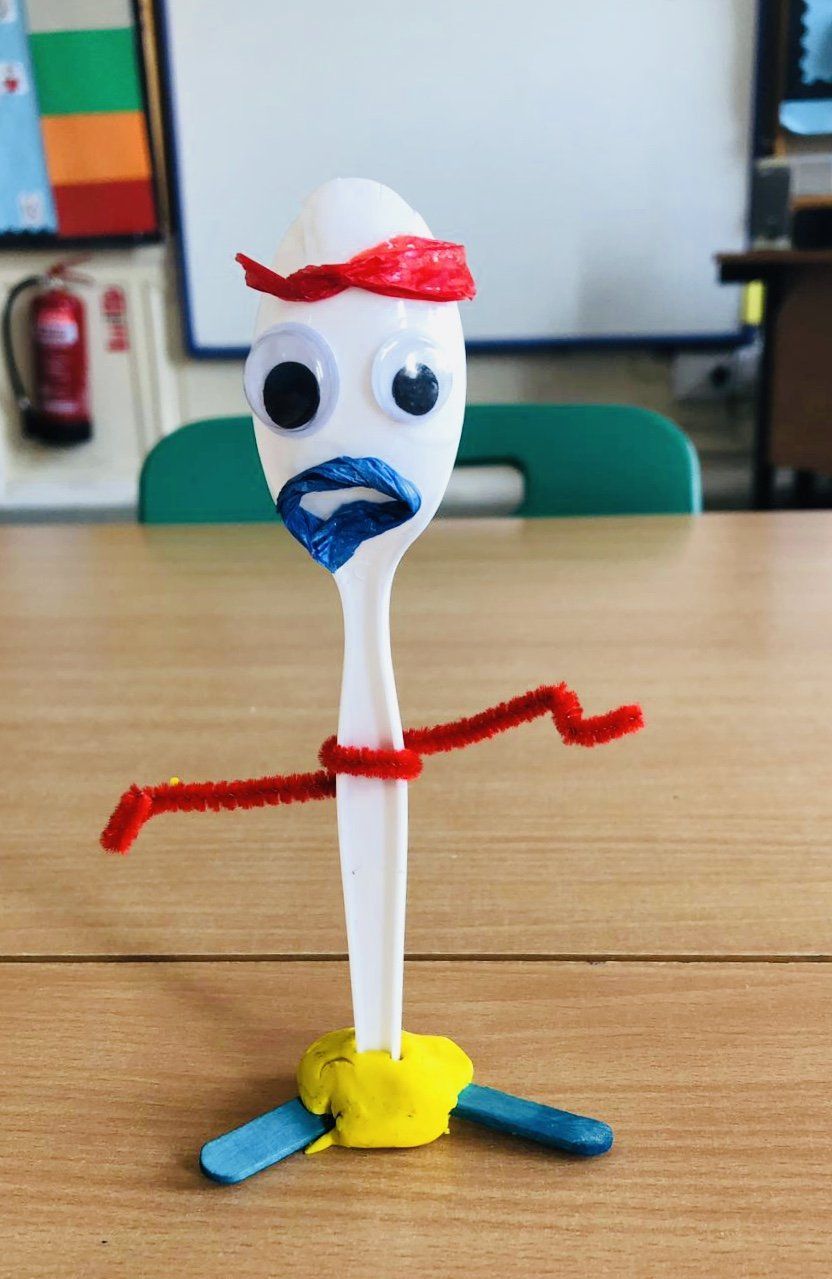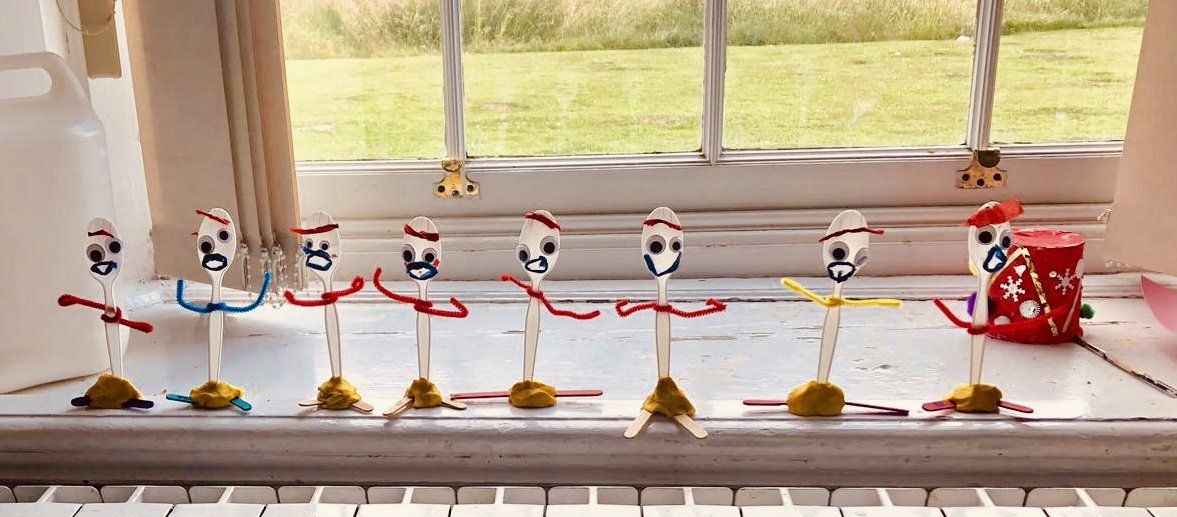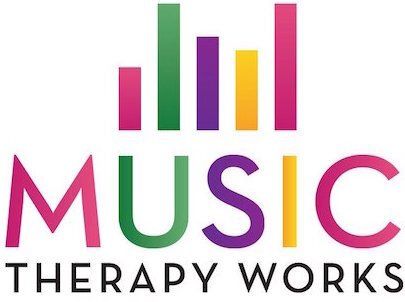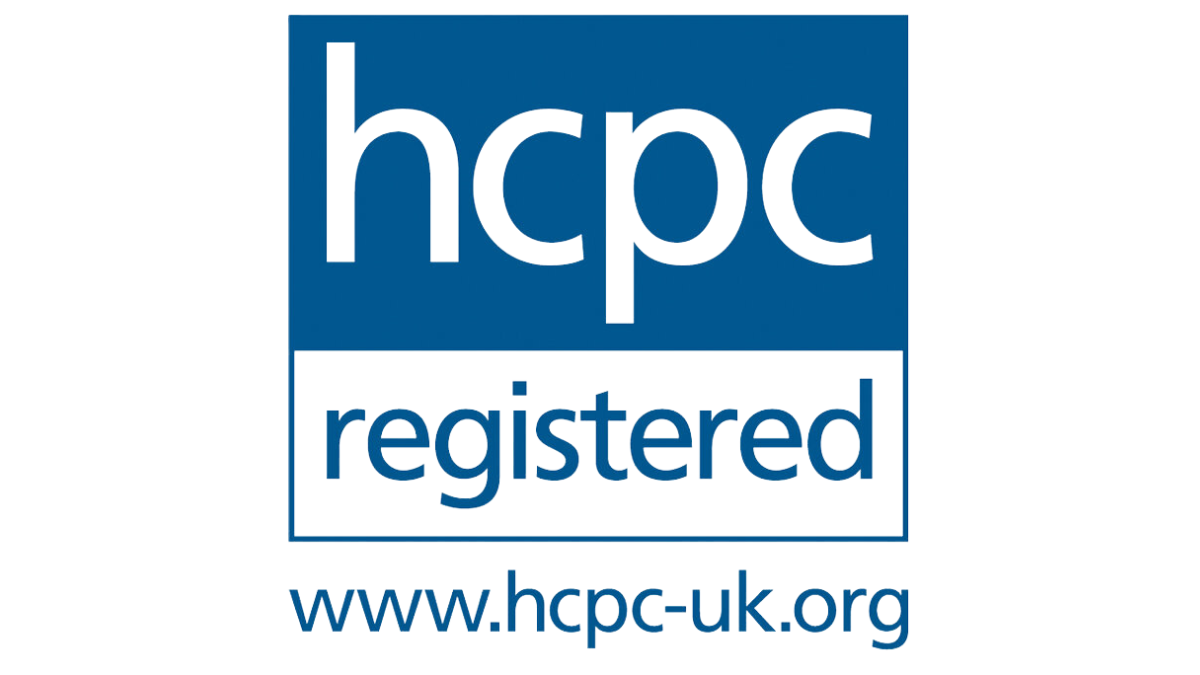Holiday "Holding"
Keeping clients in our minds during the summer break
Walking into a KS1 classroom this week, I was greeted with an army of Forkys. As a big fan of the new Toy Story 4 character and the movie’s exploration of his existential crisis, I was enthralled to find a family of real-life spork replicas winking at me from the windowsill. In a life-imitating-art moment, nine enthusiastic 6 year olds with social, emotional and mental health difficulties had been sticking, fastening and modelling for over an hour to fashion their very own Forky and transform some carefully curated ‘trash’ into a toy.
What struck me most in the pleasure and delight of the children’s sculptures, was the teaching assistant behind the end-of-term treat. She had listened to the children’s enthusiasm for the film and then gone to extraordinary lengths to source identical sporks (ridiculously tricky to track down) and all the additional materials needed. With heaps of patience and good humour, she had then helped the children to assemble and construct their very own 3D spork.
With all the preparation involved - coming up with the concept and executing it - I marvelled at the way that the teaching assistant would need to have held the children in her mind, not just in the classroom, but beyond.
In music therapy, we often turn to the child psychoanalyst, Donald Winnicott, to inform and frame our work. It was he who coined the phrase “holding” to describe the safe and supportive setting that a therapist creates through their direct engagement with each client. Critical to the work and its success, Winnicott believed that by providing a “holding environment”, feelings of insecurity could be addressed and a sense of trust and security promoted.
At this time of year, those of us working in schools settings move towards the final therapy session before the long summer break. We complete a countdown of sessions to ensure some understanding of ending, and sing songs of reassurance for recommencing therapy in September. We also consider how we “hold” our clients throughout the summer break.
Many educators, speech and language therapists, counsellors and support staff “hold” their students in their minds over the holiday period. There are several reasons to be concerned about this break from routine and therapy. If our clients are among the three million children finding themselves in poverty, they face higher risks of holiday hunger, due to the absence of school meals. Students who have increasingly thrived emotionally, developmentally and socially during the academic year may become stuck in a ‘summer slide’, through lack of skill stimulation, excessive device use, minimal peer-to-peer contact, and reduced exercise. Returning in September, extended support and reintegration back into an education setting can take several months to complete so that the child may recover and reacquire their previously attained skills. Sometimes our clients may feel we have, like others in their lives, abandoned them, and they struggle to believe we will return. Some trust may need to be re-established at the start of the new academic year before the deep work of therapy can recommence.
So how do we create a sense of safety and trust for our clients during periods of absence from the sessions? We may have talked about the imminent ending as early as possible to give children time to process the break and explore any feelings of anger, rejection, frustration or loss. Playing improvised or pre-composed songs such as Warren Zevon's wonderful "Keep me in your heart for a while."can successfully acknowledge high emotions and offer reassurances around endings. The shared and unified approach of singing together can both accommodate the clients own thoughts and the music therapist’s anticipation of seeing the client upon their on their return. We may remind students that despite transitioning to the holidays, the music therapy space, the meeting time, instruments and the therapist themselves will all be there for them again in September.
With all this in mind, breaks can be important and necessary because during these times, the therapist can look after themselves. So that when the mindful holiday “holding” is over and we can return to meeting our clients, we are better restored and equipped to do the best possible job we can.
